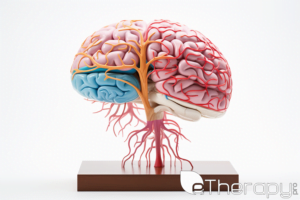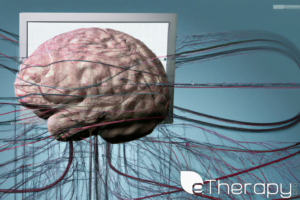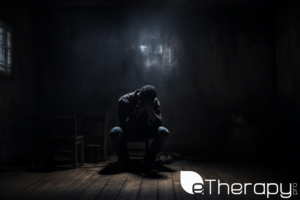Deciding to see a therapist is one of the most difficult aspects of the journey toward recovery. Most people struggle to make it. Some fail to understand that their problem is serious and they need some professionals. Some seek out therapy for everyday struggles that they can overcome with the help of friends and family. It is very easy to underestimate or overestimate your need for therapy. Here are some signs that indicate you do need help:
1. Noticeable Shift in Mood and Personality
A noticeable shift in mood and personality is one of the biggest indications of mental health issues. If you have suddenly become withdrawn, distant, or experience uncontrollable fits of anger or sadness, you are under some sort of mental strain. People don’t experience sudden shifts in personality or mood unless there is some underlying motivator. If a calm and steady person suddenly develops a temper, they need assistance.
If you or your loved one have experienced such a sudden shift, consider booking an appointment with an online therapist. They will help you get to the bottom of this issue.
2. Lack of Interest in Different Activities
Most people have hobbies and interests outside their regular activities. Some people like to read, some listen to music, some watch movies, and some like to go on long walks or drives. Many enjoy having drinks or a bite to eat with friends. If you notice that you’ve not been in the mood for any of your favorite activities recently, there may be a cause for concern.
Sometimes you may lose interest in the outside world and will want to spend time alone or doing different things. That’s not alarming, but if you experience a persistent lack of interest in everything, you may need therapy.
3. Recent Loss of a Loved One
Losing a loved one is never easy. It can take a toll on a person and even cause them to slip into long-term depression if they’re not careful. People come up with different ways to handle the situation. Spending time with other loved ones, engaging in activities that distract them, trying healthy ways to cope with grief, etc, are normal behaviors.
However, if you find it difficult to engage with others, participate in activities, and can’t seem to shake off your sadness, you may need some professional help. Sometimes grief and loss can be devastating, especially if you were close to the deceased individual. It is best to seek help in such circumstances.
4. Recent Traumatic Experience
Trauma causes a lot of harm to your mind and body. It should be addressed quickly and effectively to ensure there is no long-lasting effect. Whether you have been battered or have witnessed a big accident, you need to invest in some healing to recover from the incident.
We recommend booking a few sessions with a therapist even before you experience any adverse effects.
5. Unhealthy Coping Mechanisms
Unhealthy coping mechanisms like drug abuse, alcohol abuse, violence, excessive sexual activity, etc, can have long-term consequences. If you notice that you’re relying on these things to cope with your mental health issues, seek professional help quickly. It is never a good idea to leave these issues unaddressed.
Increased dependency on drugs and alcohol can have life-threatening consequences. They can also have a big impact on your personal and professional life.
If you experience any of the issues mentioned above, it is time to seek out therapy. eTherapyPro is a reliable and trustworthy online therapy platform that can help you get back on the road to recovery. With our help, you can overcome these issues and regain some stability.










